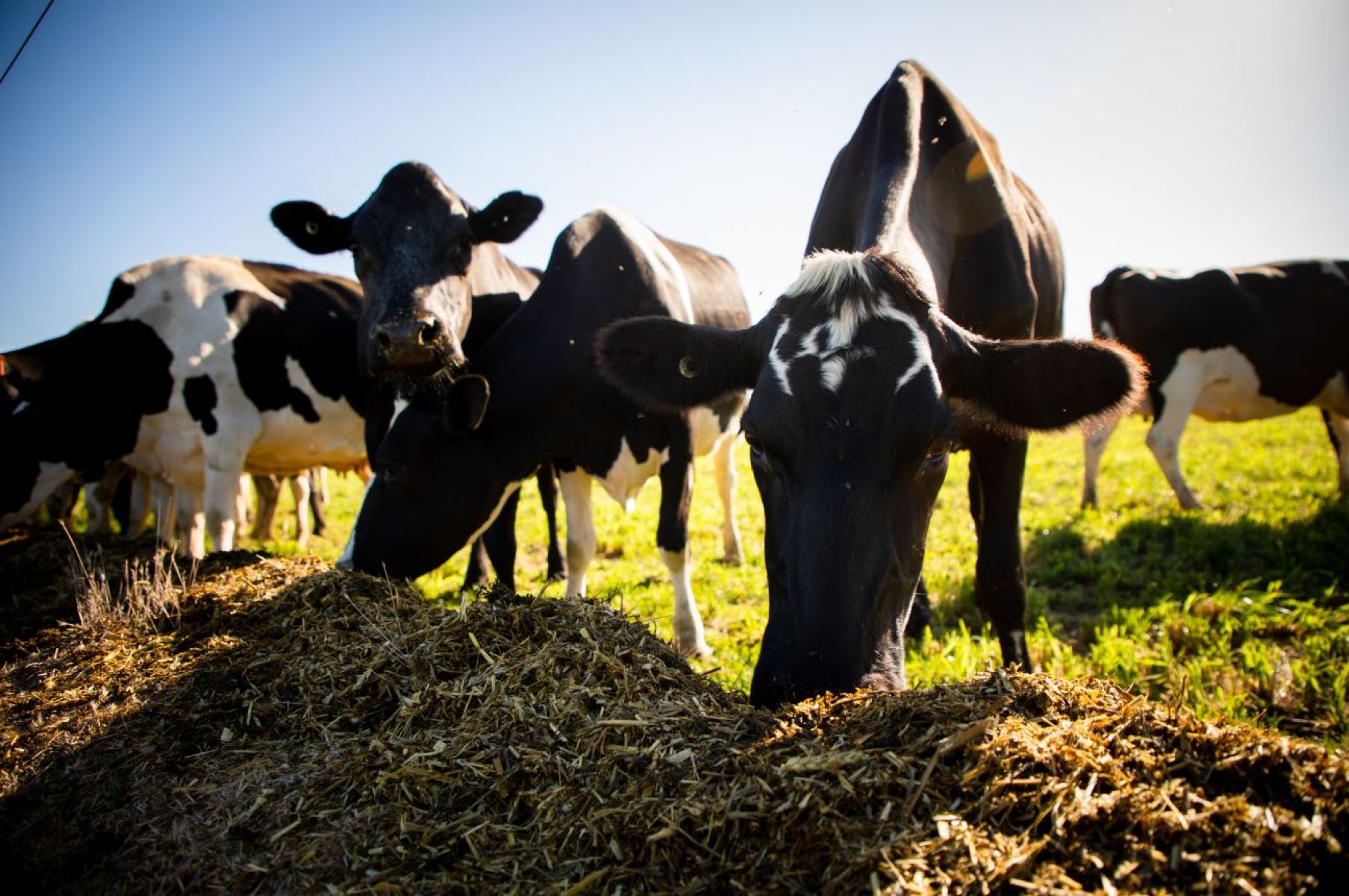Saputo Dairy Australia (SDA) is on the journey to electrifying for a cleaner, cheaper future.
SDA, a leading dairy processor, has been exploring energy efficient upgrades to lower costs and emissions.
As part of the Victorian Government’s Large Energy User Electrification Support program, SDA used a $37,400 grant to undertake an electrification feasibility study to explore potential electrification opportunities at its Kiewa site.
The site consists of 2 main factories housing 1 x 5MW and 1 x 6MW natural gas-fired boilers.
The program is a $1.6 million initiative helping Victorian commercial and industrial gas users identify ways to electrify their operations to reduce energy use, cost and emissions.
The study at Kiewa, conducted by a third party, examined 3 opportunities which included the installation of a CO₂ high-temperature heat pump, replacing gas-fired boilers with a 2.7MW electric boiler to provide steam, and replacing gas-fired HVAC systems with an electric Variable Refrigerant Flow (VRF) system.
The study found that:
- installing a CO₂ high-temperature heat pump could reduce the site’s gas usage by 48%while increasing electricity consumption by 12%. This heat pump would offset 1.4 MW of heat supplied by the boilers and meet existing demand of the 2 ammonia chilled water plants
- an electric steam boiler would be required to fully electrify the site, as some steam demand cannot be converted to hot water. However, there is currently insufficient electrical capacity onsite to support an electric boiler
- replacing the gas-powered HVAC system with a VRF system that provides heating and cooling could reduce on-site gas consumption by 11% and increase electricity consumption by 5%
- successful implementation of the pump could maximise the use of hot water – rather than steam – for heat load, leveraging the superior efficiency of heat pumps (specifically transcritical CO₂, the only commercially viable technology for the required temperatures) to meet site heating requirements for manufacturing processes.
Installation of the high-temperature heat pump could save SDA:
- $605,000 annual energy savings cost and offers a simple payback of 5 years with a net present value of $2,990,000.
- 39,800 GJ reduction in gas use per year.
- 48% reduction of the site’s annual gas use, saving 2,050 TCO₂ per annum.
- VEU incentives potentially worth up to $1,057,410.
Installation of the electric Variable Refrigerant Flow system could save SDA:
- $110,000 annual energy savings cost and offers a simple payback of 3 years with a net present value of $950,000.
- 9,200 GJ reduction in gas use per year.
- 11% reduction of the site’s annual gas use, saving 470 TCO₂ per annum.
- VEU incentives potentially worth up to $16,920.

Building Victoria’s renewable energy future
The Large Energy User Electrification Support program forms part of the Victorian Energy Upgrades (VEU) program, the flagship program which helps Victorians upgrade their homes and businesses with energy-efficient products and services by offering discounts and rebates.
SDA was 1 of 36 facilities which participated in the program. Grants of up to $60,000 per facility were available to support innovative electrification feasibility assessments of commercial and industrial businesses that use between 10 to 100 terajoules of gas per annum.
These feasibility assessments provided a business case for bespoke energy efficiency upgrades through the VEU program’s Project Based Activity (PBA) method, such as upgrading hot water boilers, furnaces, ovens and dryers, by tailoring the best way forward to transition from gas to electricity.
Homes and businesses which become more energy-efficient through the VEU program allow accredited providers to create Victorian Energy Efficiency Certificates (VEECs). Each certificate represents 1 tonne of greenhouse gas prevented from entering our atmosphere.
If pursued, the high-temperature heat pump and electric variable refrigerant flow system could generate 11,937 VEECs, or up to $1,074,330 in financial incentives for SDA.
Approved businesses create certificates for every upgrade they perform.
Energy retailers are required to purchase certificates each year corresponding to their share of energy they sell and to meet annual emissions targets set by the Victorian Government.
Energy savings achieved in the program benefit all energy consumers as they reduce the need for upgrades to energy infrastructure.
Page last updated: 03/07/25
